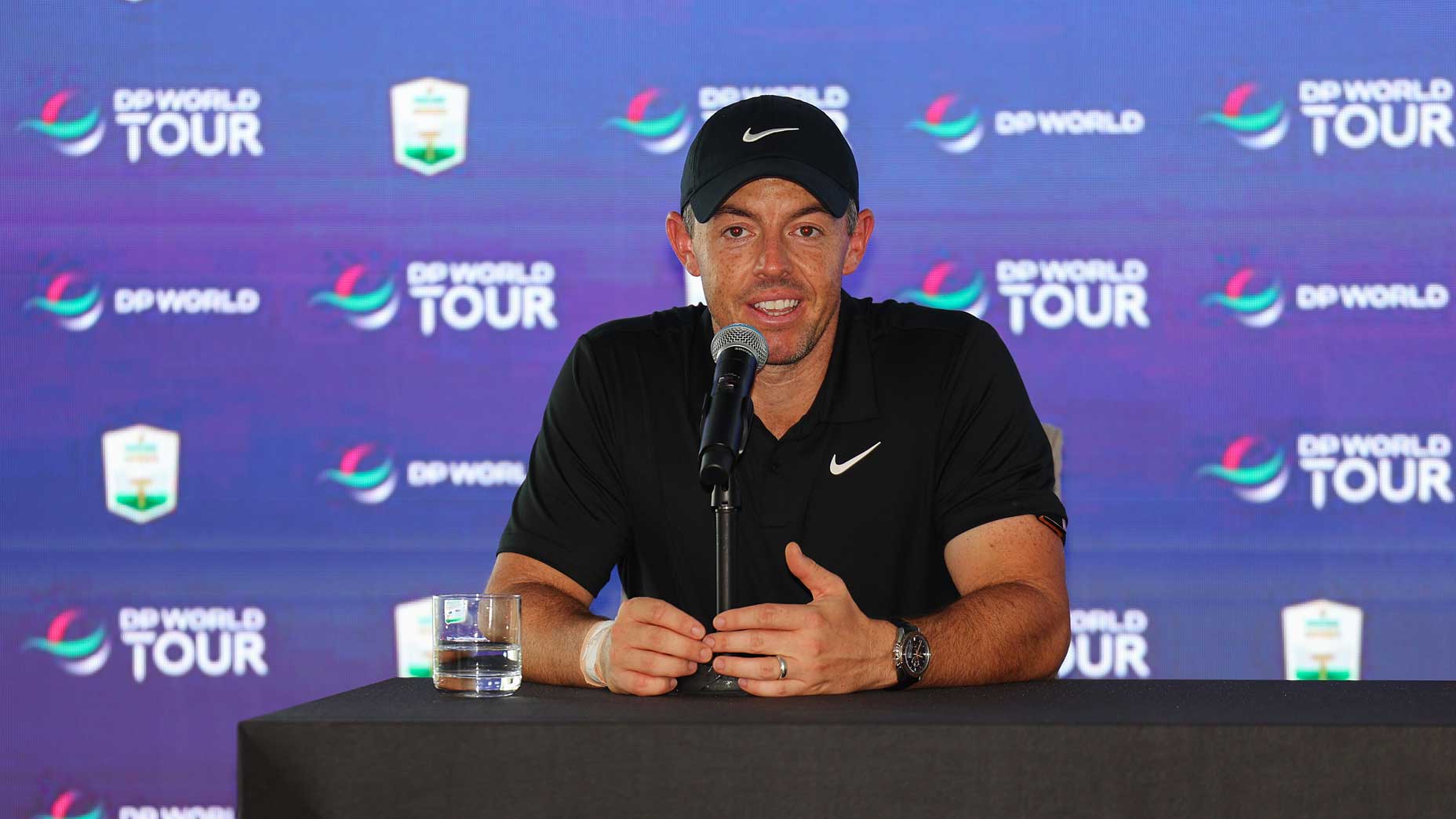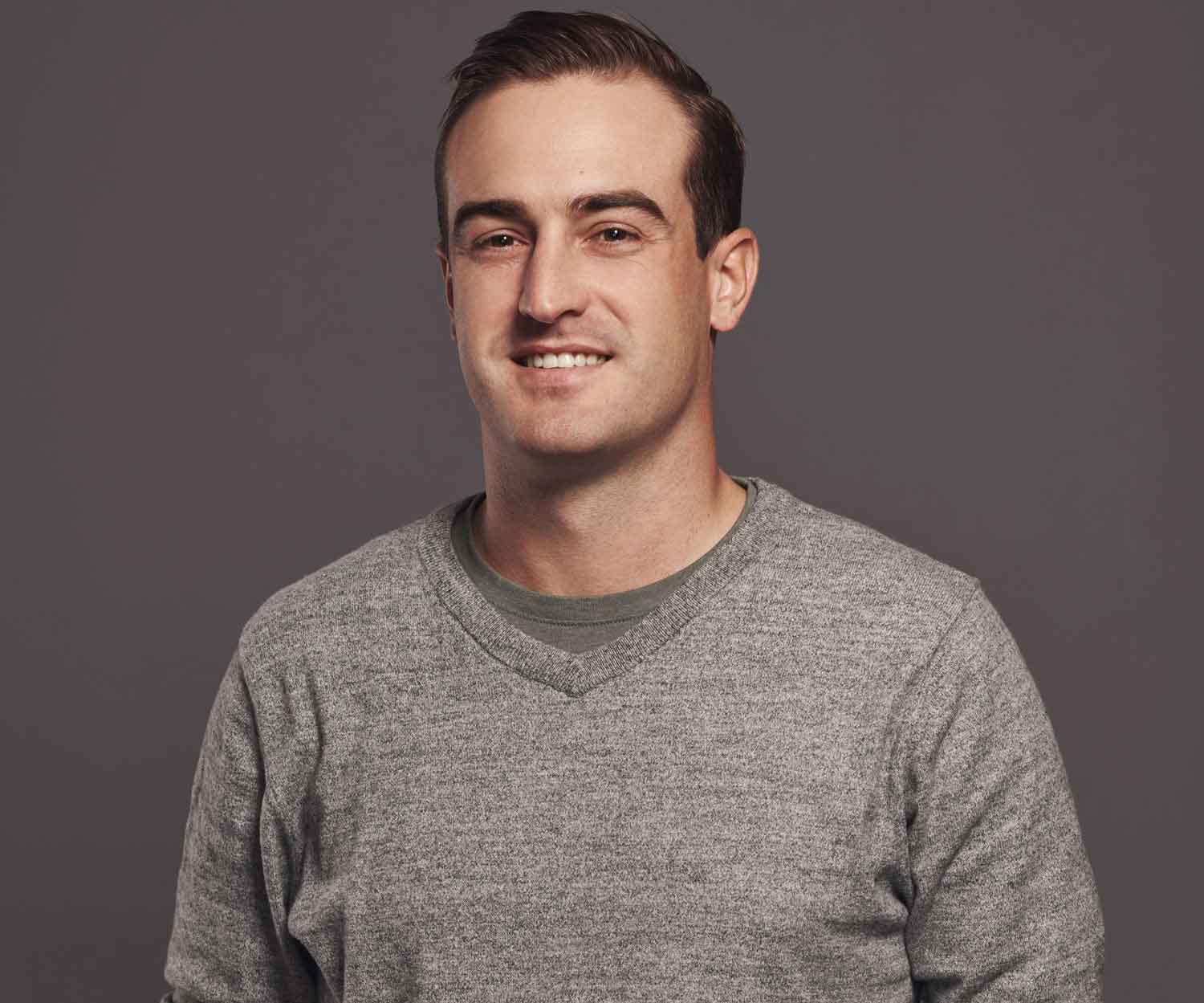Never before has there been such constant conversation about the PGA Tour Policy Board, the 12-person body that governs many of the PGA Tour’s biggest decisions. In the last few months we’ve had Tiger Woods added to the board, AT&T CEO Randall Stephenson resign from the board, and an exhaustive search for someone to fill his empty chair.
This week, after three months, it was finally filled by Joe Gorder, the executive chairman of Valero. But just as the group of 12 was beginning to feel finalized, another change took place. Rory McIlroy, who joined the board in 2022 and still had one more year left in his three-year term, resigned Tuesday afternoon.
The move came as a surprise, given how much McIlroy had become a defacto speaker of the house for PGA Tour players. He thoroughly embraced the role to help dictate the future of PGA Tour golf and of the sport altogether, but it comes at a cost. The Policy Board meets multiple times a year to decide topics like pace-of-play policy, Tour exemption protocols, and, most recently, outside investment.
McIlroy will no longer directly be involved, and he explained a bit of his reasoning behind it Thursday.
“I just think I’ve got a lot going on in my life between my golf game, my family and my growing investment portfolio, my involvement in TGL, and I just felt like something had to give,” McIlroy said after a first-round 71 in Dubai. “I just didn’t feel like I could commit the time and the energy into doing that. I don’t mind being busy, but I just like being busy doing my own stuff. Something had to give and there’s guys that are on that board that are spending a lot more time and a lot more energy on it than I am. It’s in good hands and I felt like it was the right time to step off.”
The timing is certainly interesting. One of the main topics on the docket for the Policy Board this week was investment proposals from various entities interested in buying in to the Tour’s forthcoming non-profit entity known as PGA Tour Enterprises. According to a memo that commissioner Jay Monahan sent to Tour players, the goal remains to establish a Definitive Agreement with the Saudi PIF and potentially add an additional minority investor, or investors, in “a timely manner.”
McIlroy’s resignation was already a hot topic Wednesday morning at the RSM Classic in Georgia, where the PGA Tour officially ends its 2023 season this week. Very few players ever take a seat on the Policy Board, in part because of the long process to get there — players must first sit on the 16-player advisory council, then chair the council, before being elected to a three-year term — but also because it implies a significant time commitment. And you never quite know what’s going to happen during a three-year term. McIlroy noted earlier this week that the rollercoaster of battles was “not what I signed for whenever I joined the board.”
But now begins the hunt to replace that spot. One of the key pieces of Board governance discussed in recent years was maintaining enough players on the board for 50% share of the seats. Until McIlroy’s spot is filled, there are just five players compared to six independent directors. So, who should fill it? Reporters asked Jon Rahm about his Policy Board desires, only to find they very much do not exist.
“Oh, you won’t see me there,” Rahm said. “Absolutely no chance. I’ve been asked a couple times if I have any interest, and I’m not going to spend, I don’t know how many meetings they have, but they are six, seven-hour-plus long. I’m not here for that.”
Fair enough. Back in Georgia, the first player asked was Patton Kizzire. What kind of player does the Tour need in that role?
“Oh, somebody with some experience,” Kizzire said. ”I really hadn’t put too much thought into that. I know [Rory] will be missed, but that’s for them to decide. I think Brian Harman provides a lot of wisdom and insight. Whether he’s willing to do that or not, we’ll see.”
Alright, Brian Harman — you in?





